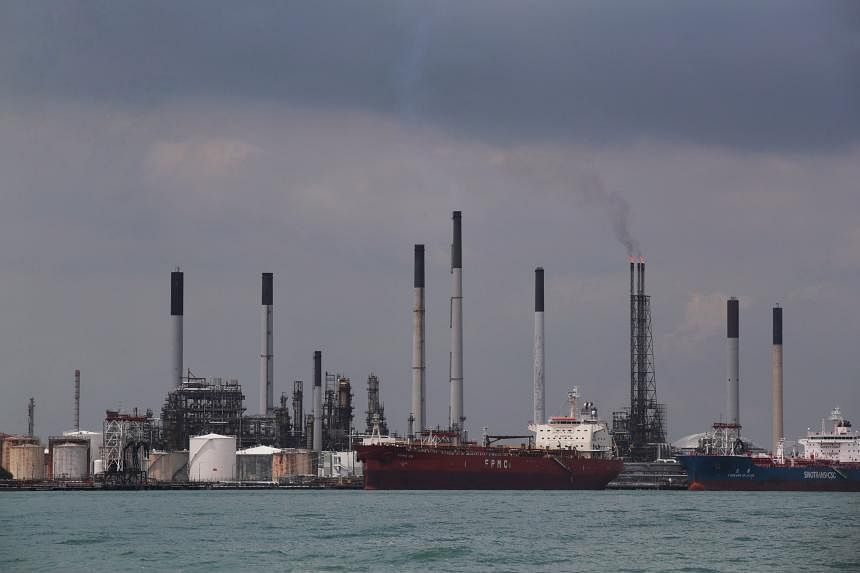In recent years, one of the biggest buzzwords that has spread across the business world is the abbreviation ESG, which stands for “environmental, social and governance”. Attention given to this trio of issues greatly accelerated after the United Nations launched its 2016 Sustainable Development Goals, which were billed as “a blueprint for peace and prosperity for people and the planet, now and into the future”.
Promoting good ESG among companies – in other words, making them more environmentally responsible and socially virtuous – has since mushroomed into a vast industry. Hundreds of ESG ratings agencies have appeared, such as Sustainalytics, MSCI ESG Research and S&P Global, that score and rank companies on their ESG performance. Conferences on ESG are being held everywhere. Consultants and PR agencies have waded in to advise companies on how to raise their game on ESG. And most importantly, more than a thousand investment funds focusing on sustainability and ESG have emerged to entice investors into putting their money in companies that are presumed to be changing the world and charging premium prices. According to Statista, the assets under management of ESG funds worldwide in 2021 were about US$2.3 trillion (S$3 trillion).
Already a subscriber? Log in
Read the full story and more at $9.90/month
Get exclusive reports and insights with more than 500 subscriber-only articles every month
ST One Digital
$9.90/month
No contract
ST app access on 1 mobile device
Unlock these benefits
All subscriber-only content on ST app and straitstimes.com
Easy access any time via ST app on 1 mobile device
E-paper with 2-week archive so you won't miss out on content that matters to you


